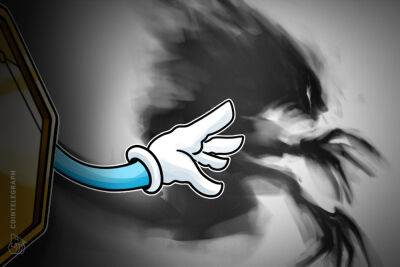The Uber files: how the leak prompted outrage across the world
The release of the Uber files has prompted a frenzy of reaction around the world, piling pressure on senior politicians, fuelling calls for a crackdown on corporate lobbying and drawing outrage from groups including traditional taxi drivers.
The fuse was lit with the publication of revelations from a trove of more than 124,000 documents about Uber spanning from 2013 to 2017, leaked to the Guardian and shared with the International Consortium of Investigative Journalists (ICIJ) and international media.
The files, leaked by whistleblower Mark MacGann, laid bare how Uber flouted laws, duped police, exploited violence against drivers, and secretly lobbied governments during its aggressive global expansion.
Uber has said that it “has not and will not make excuses for past behaviour that is clearly not in line with our present values”, distancing the modern-day company from its past deeds.
But the political, regulatory and public response to the Uber files is still unfolding and Uber – not to mention the people who helped its growth – are coming under intense scrutiny in some of the world’s largest economies and Uber’s most important markets.
Details of how President Emmanuel Macron leapt to the aid of Uber, as it lobbied for a way into France’s taxi sector, have led to calls from across the political spectrum for a parliamentary inquiry.
Opposition politicians and the leftwing CGT trade union seized on reports of secret undeclared meetings and the promise of a “deal” brokered by Macron inside the government to help Uber.
One parliamentarian described the revelations as a “state scandal”, amid calls from the hard left and the far right for Macron, who is already under intense pressure, to face an official inquiry from a parliamentary
Read more on theguardian.com





















